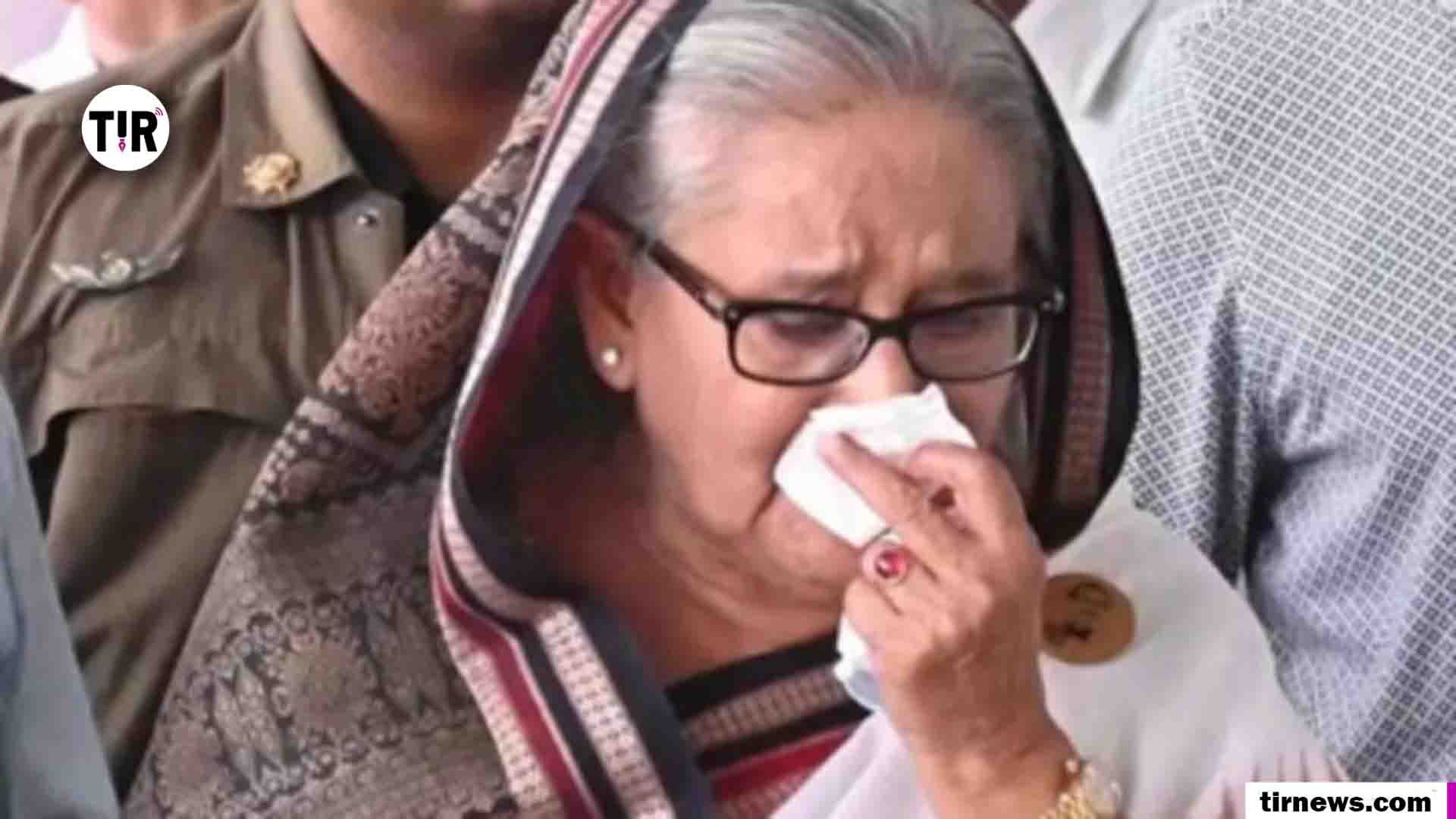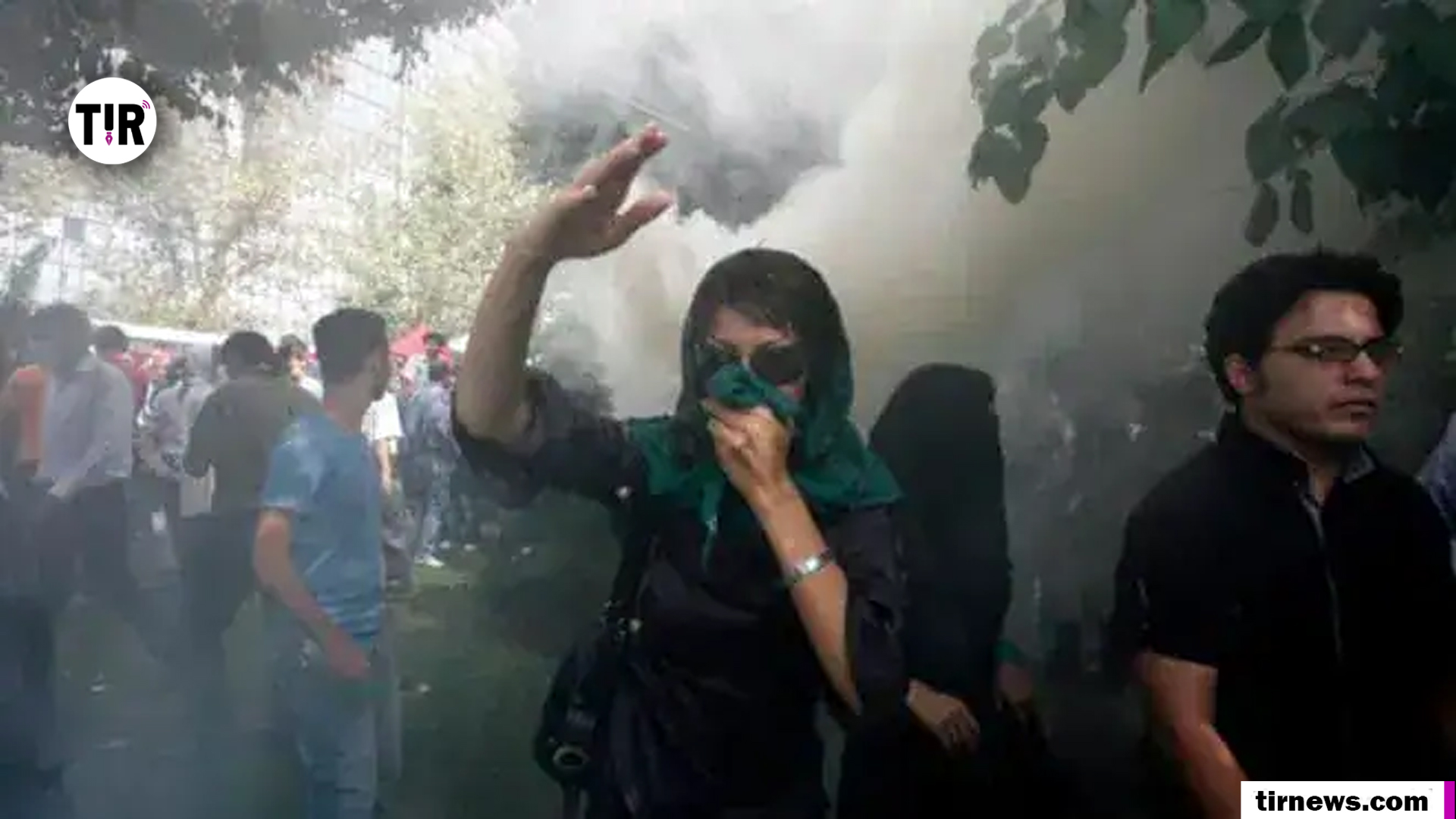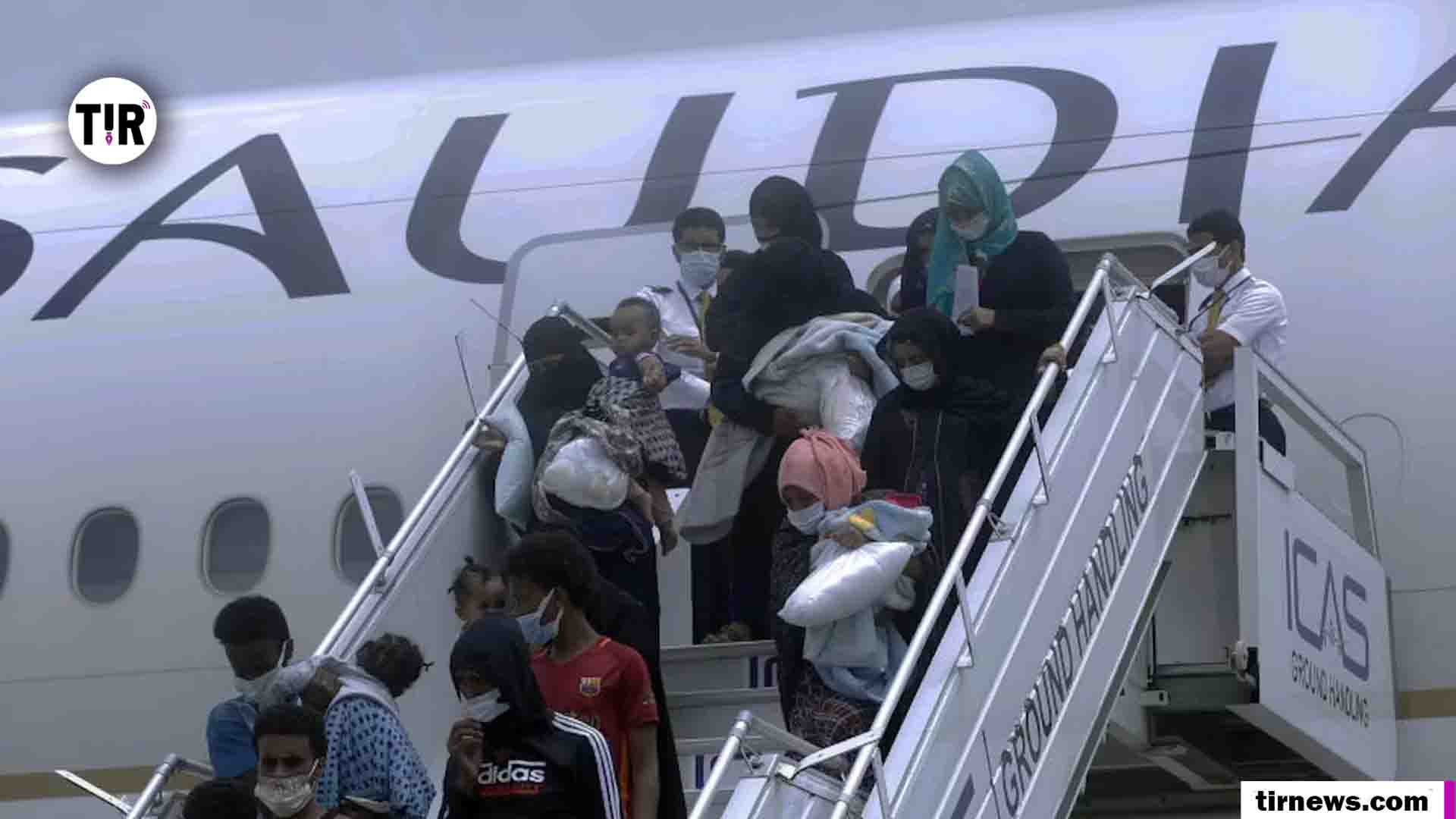In a dramatic political development, Bangladesh has formally urged India to extradite Prime Minister Sheikh Hasina, accusing her of undermining democratic norms and engaging in widespread human rights violations. The request comes amid escalating internal unrest, protests, and allegations of political repression in the country.
Opposition leaders and international observers have increasingly criticized Hasina’s regime for authoritarian practices, including mass arrests of dissidents, curbing press freedom, and manipulating electoral processes. The move to seek her extradition from India—seen as a close ally of Hasina’s administration—marks a turning point in the country’s deepening crisis.
Sources claim that certain Bangladeshi opposition factions have been lobbying international and regional bodies, including India, to intervene diplomatically. While India has not yet issued an official response, experts suggest New Delhi is unlikely to entertain such a request given its longstanding strategic ties with the Awami League government.
Analysts note that this bold step may be more symbolic than actionable, intended to highlight growing discontent and apply international pressure on Hasina’s leadership. It also reflects rising tensions between pro-democracy groups and the ruling party ahead of the next electoral cycle.
The development has added further volatility to the region’s political landscape, drawing attention from human rights organizations and foreign governments.



